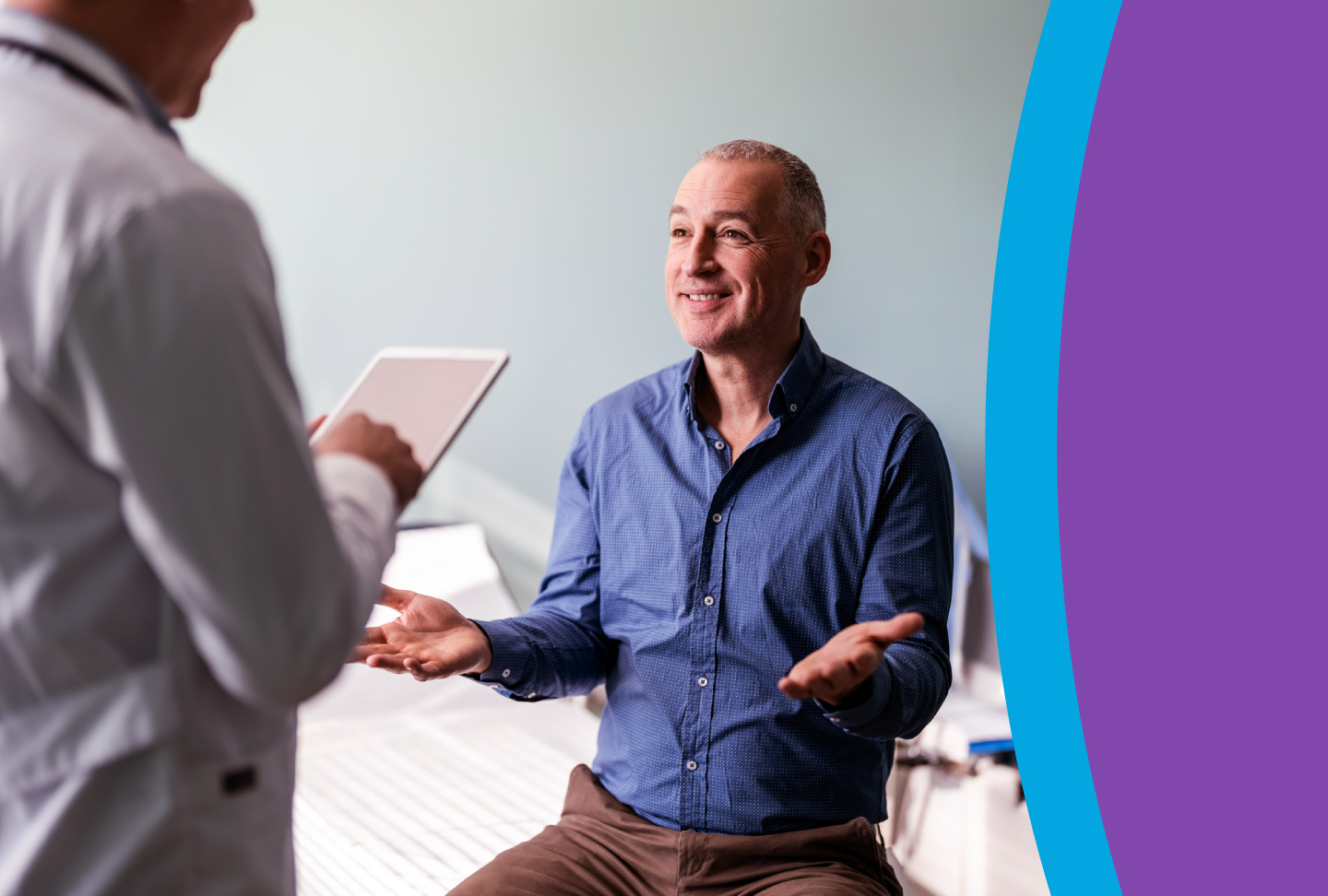Your body supports you in everything you do, from everyday activities like grocery shopping to milestones and memories with friends and family.
But while you may make sure you eat healthy, get your exercise and see your doctor to keep up with your physical health, it’s important to check in on your mental health, too.
Wellstar offers a full range of behavioral health services close to home in convenient locations, so you can feel your best both physically and mentally.
Meeting you where you are
If you’re dealing with feelings of anxiety and depression, you may turn to your primary care physician or another clinician for help. Wellstar is removing barriers to behavioral healthcare by integrating those services into many of our locations.
On-site behavioral health clinicians work at many of our primary care and specialty locations, making it a little easier to take that first step in improving your mental health. Wellstar also provides access to on-site and virtual behavioral health specialists in hospital emergency departments and on the medical floors.
“We know that patients are already struggling with stigma, and sometimes it takes a lot for a patient to come into care with a behavioral health professional, and we wanted to remove that stigma,” said Dr. Ryan Breshears, chief behavioral health officer at Wellstar.
About 1 in 3 patients with a physical health condition also could benefit from some form of mental health support, Dr. Breshears said. Wellstar clinicians work together across specialties to ensure each patient receives “whole person care”—addressing both their mental and physical well-being.
“When you address the mental health components that an individual is dealing with, you’re going to improve the physical outcomes,” Dr. Breshears said. “In the same way, if you address the physical health outcomes, you’re probably going to provide care that improves the mental health outcomes as well.”
Wellstar Psychologist Dr. Shawn Coyne works with cardiovascular patients to provide that whole person care to patients like John Petrick and his daughter Janin as they adjust to heart diagnoses.
Cardiovascular health and behavioral health are closely tied, Dr. Coyne said—if someone is depressed, they are twice as likely to have a heart health issue or twice as likely to experience a second cardiovascular event. Heart patients are also three times as likely to be depressed as the general population.
In addition to cardiovascular behavioral medicine, Wellstar also offers several other specialized programs to assist patients with the mental and emotional challenges of a medical condition:
- Metabolic behavioral medicine, for patients with metabolic conditions or who have received bariatric surgery
- Psycho-gastroenterology to provide support to gastrointestinal patients
- Psychosocial oncology to help patients adjust to cancer treatment
- Somatic symptom disorders for people experiencing unexplained physical symptoms that may be caused or impacted by stress
With our PeopleCare approach, Wellstar tailors care to each patient, taking the time to get to know their needs and create a customized care plan.
“You as the patient are part of the treatment team,” Dr. Coyne said. “You are involved, you can participate, you give feedback, you engage and we get a better end product when we work as a strong team.”
To learn more about outpatient behavioral health services, call (770) 644-1570.
Compassionate inpatient care
If you or a loved one requires immediate care for a behavioral health condition, our inpatient behavioral health units provide 24-hour care for adults ages 18 and older.
Inpatient behavioral health services include round-the-clock monitoring, medication management, individual and group therapy, and educational resources for both the patient and their family.
If you have questions, you can reach our Behavioral Health Assessment & Resource Center anytime at (470) 732-3789. However, in the case of an emergency, call 911 or go to the nearest emergency department.




